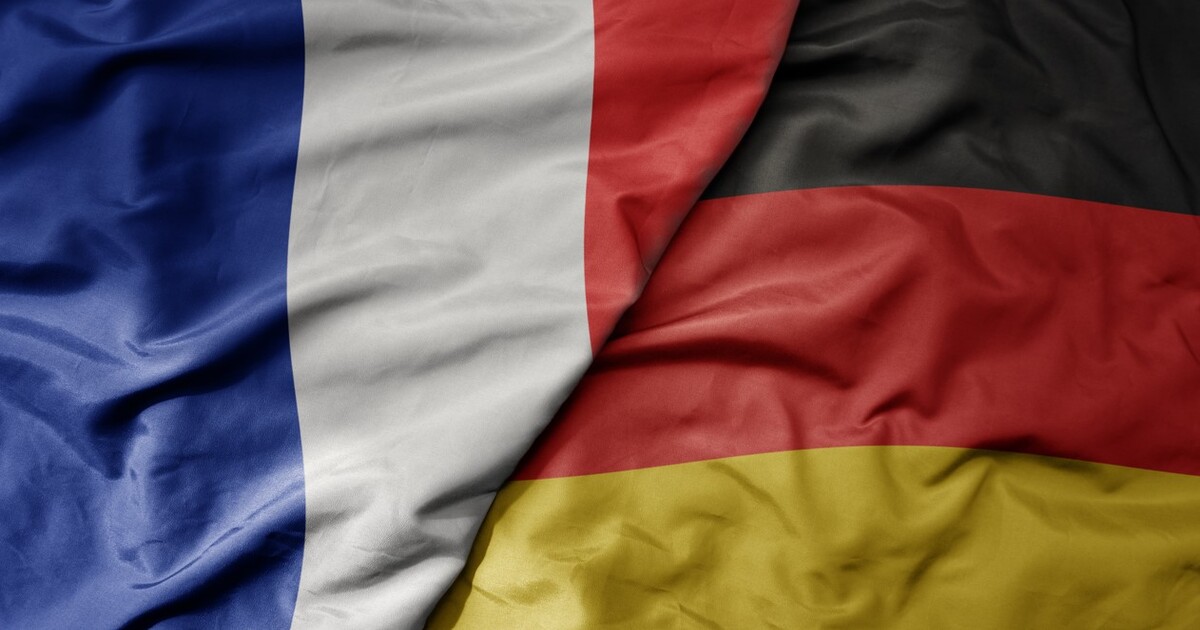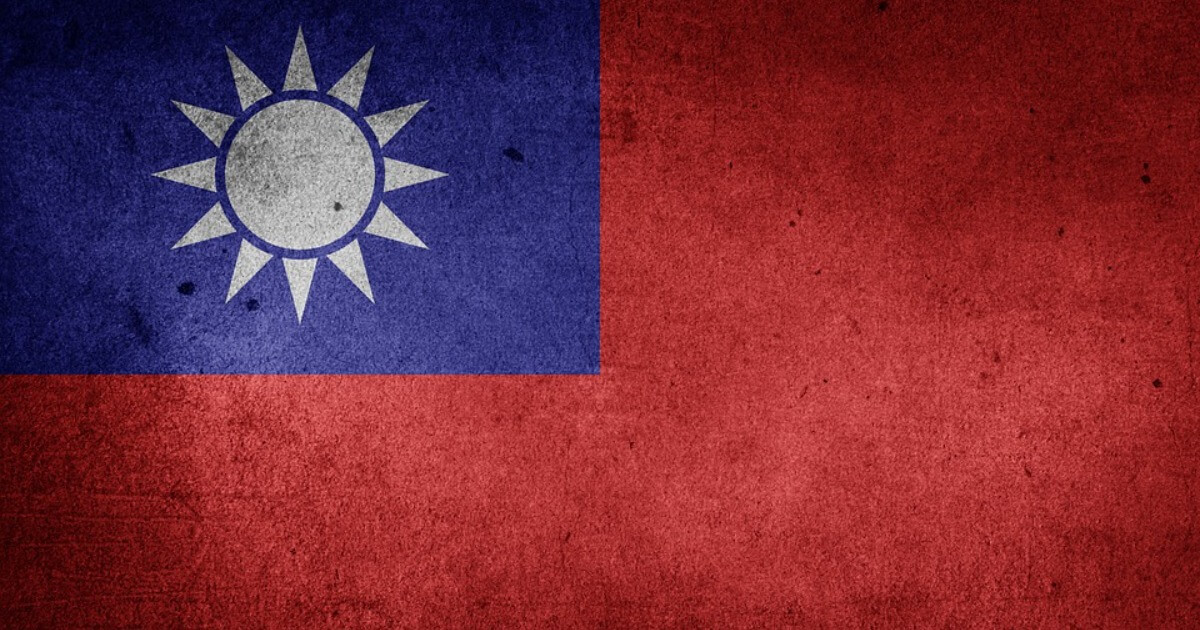France and Germany: Putin Says Cпасибо (“Thank You”)
Did Emmanuel Macron’s state visit to Germany alter the not so charitable assessment about the state of Franco-German relations in any meaningful way?
June 1, 2024

A Strategic Assessment Memo (SAM) from the Global Ideas Center
You may quote from this text, provided you mention the name of the author and reference it as a new Strategic Assessment Memo (SAM) published by the Global Ideas Center in Berlin on The Globalist.
For all the pomp and circumstance and the actual displays of popular bonhomie, did the recent state visit by French President Emmanuel Macron to Germany alter the assessment about Franco-German relations in any meaningful way?
For two nations so central to the future of Europe and two nations that, for good reason, have made a big point about the need for the closest possible cooperation for decades, a few days before the European elections will be held the honest assessment is … not much, really.
Die another day?
President Macron has pointed out several times that Europe can fail. What is at stake is the original European deal: The modern-day partial renunciation of sovereignty.
Europe in 2024 is faced with a much less friendly world that is increasingly shaped by hostile autocratic regimes. Global relations may revert to a worldview dominated by power struggles and rivalries.
This would be similar to what governed old Europe from the Peace of Westphalia to the end of the Second World War – only this time on a global scale.
Tomorrow never dies
Under those inauspicious circumstances, the partial renunciation of sovereignty that is at the core of the European experiment represents a significant step forward as it allows diverse cultures to govern themselves as a group and preserve a relevant role globally.
It is true that the creation of the European Union in November 1993 marked the beginning of an unprecedented experiment in human history. It was the result of millennia of struggle in the political heartland of the world.
Of course, the erstwhile hopes for this model – to have a positive outward radiating influence on nations in Asia and Africa – have largely vanished. The inclination to remain governed by various autocratic regimes remains strong.
The challenge from the strongman in Moscow
As Europeans continue to navigate the complexities of their path, it is a truism to say that they need to avoid reverting to the horrors of the past.
This is applicable even more so as peace in Europe is currently being challenged by the strongman from Moscow through his war in Ukraine.
Questions abound: Will Europeans pass the political litmus test and stand by Ukraine? Could the war in Ukraine possibly help streamline European consensus and decision-making? Could such a surprising turn of events yet turn the European conglomerate into a working model for other regions of the world?
The Scholz and SPD enigma
One would think that stating that Germany’s responsibility lies with its EU partners, not with Russia, is a superfluous statement. Alas, not so when it comes to the party leading the current German government.
Are not Mr. Scholz and his SPD disturbed by the fact that their line on Putin’s Russia is shared by the AfD and the various hard-left parties in Germany, but by none of the mainstream parties? That is evidently not the case.
On Russia, most conservatives, liberals and indeed Greens in Germany are not actually aligned with their chancellor – but rather with President Macron.
Russia as a test of European unity
The European stance toward Ukraine and the most effective strategies for containing Russia will illuminate the relevance of the concept of European unity and how to elevate it to the next level (or not).
This will necessitate confronting the challenges presented by Germany’s recalcitrant Social Democrats.
From Russia, with love
In the meantime, Russian dictator Vladimir Putin ever so quietly says thank you. Thank you, Olaf, for limiting Ukraine’s defenses and for making your people afraid of me!
And thank you, my fifth column of the AfD and Sahra Wagenknecht, for doing my bidding wherever you can. Thank you, thank you, спасибо!
Currently, we are witnessing the actual ostracization of the European heartland with cues piped in from the Kremlin. Ian Fleming, of James Bond fame, articulated it thus: “Once is happenstance. Twice is coincidence. Three times is enemy action.”
Takeaways
President Macron has pointed out several times that Europe can fail. What is at stake is the original European deal: The modern-day partial renunciation of sovereignty.
As Europeans continue to navigate the complexities of their path, it is a truism to say that they need to avoid reverting to the horrors of the past.
One would think that stating that Germany's responsibility lies with its EU partners, not with Russia, is a superfluous statement.
Are not Mr. Scholz and his SPD disturbed by the fact that their line on Putin’s Russia is shared by the AfD and the various hard-left parties in Germany, but by none of the mainstream parties?
On Russia, most conservatives, liberals and indeed Greens in Germany are not actually aligned with their chancellor – but rather with President Macron.
A Strategic Assessment Memo (SAM) from the Global Ideas Center
You may quote from this text, provided you mention the name of the author and reference it as a new Strategic Assessment Memo (SAM) published by the Global Ideas Center in Berlin on The Globalist.
Read previous

Just The Facts
Sizing Up Taiwan
May 30, 2024

